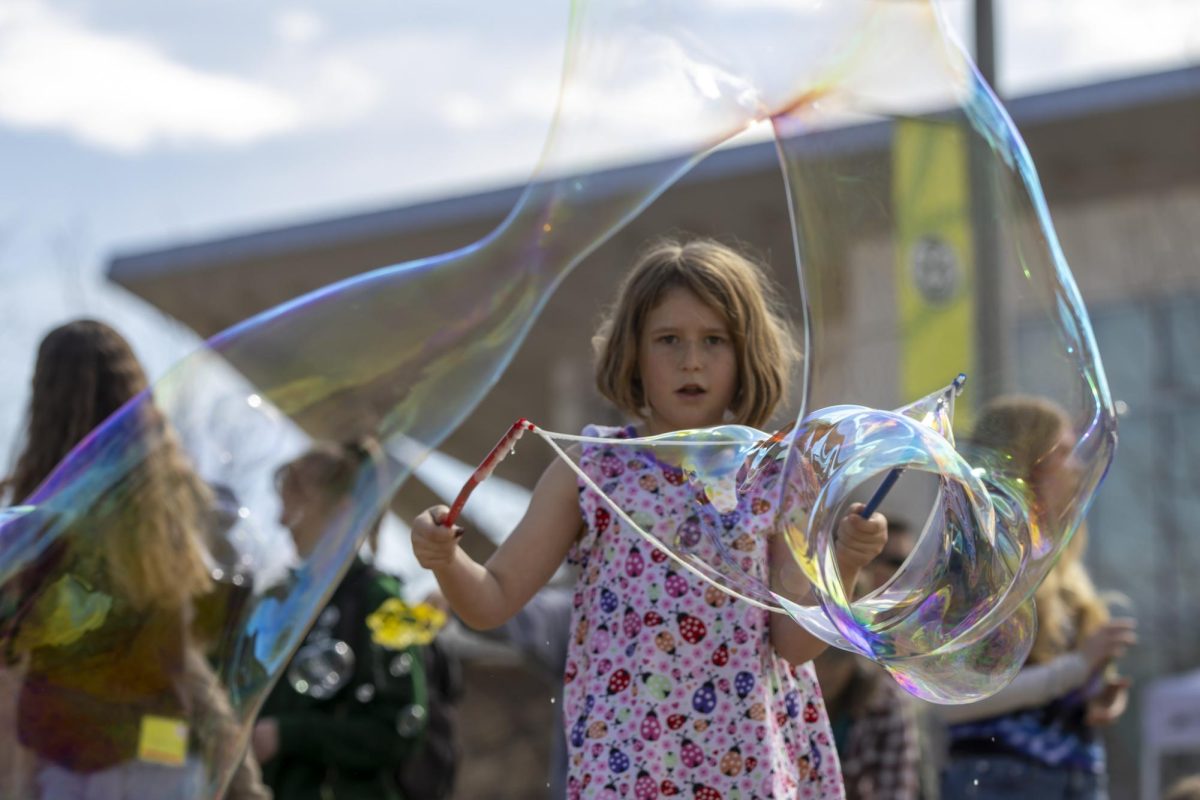Editor’s Note: All opinion section content reflects the views of the individual author only and does not represent a stance taken by The Collegian or its editorial board.
I identify as a Black, queer woman with autism and PTSD. Some people are a bit confused as to why I’m so open about all of that, and I have no other explanation other than wanting to be myself. I hate hiding myself for fear of what others will think or how they will react. Luckily, Colorado State University is generally accepting in many ways, even in light of recent executive orders.
I love the Cultural Resource Centers. Specifically, the Pride Resource Center and Black/African American Cultural Center represent two things I identify with strongly and openly. The Pride Resource Center has all kinds of things that are not only useful but make me feel considered and valued, like the Lavender Cabinet, which offers binders, hygiene products and so much more. For me, using deodorant for “women” — the ones that smell like lavender and whatever sweet pea is — makes me feel a lot more feminine, even if people are using the right pronouns.
The B/AACC has a strong community, which is something invaluable. They organize many retreats and events, and it’s always a joy to be around people who look and talk like me. Another thing that all of the Cultural Resource Centers have in common is an environment where one can be in community — in a place that feels safe and affirming. And to me, that’s something no president could ever take away from us. If our space is removed, we will simply make a new one.
There’s probably hundreds of clubs across this campus, each one catering to a different group of people. A lot of these groups comprise marginalized students, like the drag community, which is housed under our House of Ovis Drag Club. I’ve only recently joined this club, and I already feel like I’ve found my people. There are also intersectional clubs, such as ones specifically for Black women or queer people in STEM. I’m not in STEM, and I only ever consider myself a woman maybe 60% of the time, so I don’t really feel like I’d fit in at these clubs, but it’s wonderful that they exist.
The problem with being marginalized at CSU is that even with all these resources, it’s really easy to feel like you don’t belong or that you don’t deserve the spot you hold. For example, with the Associated Students CSU, it’s incredibly easy — especially if you’re not a business major or political science major — to feel like you have no place. However, that feeling can be quickly redirected by the many people who are in support of a marginalized person’s legislation that passes through ASCSU. This reminds people that they are making a difference and that they do have a seat at the table.
It’s important to remember that we as marginalized students are paving the way by just being ourselves, even if that upsets people. The CSU Land Acknowledgment is a prime example of paving a way for those behind you to become something great — maybe even greater than you. But marginalized students may never know what they can accomplish if they don’t pave the way in the first place, which is why it’s important to just exist as you are.
Reach Nevaeh Greene at letters@collegian.com or on Twitter @CSUCollegian.












